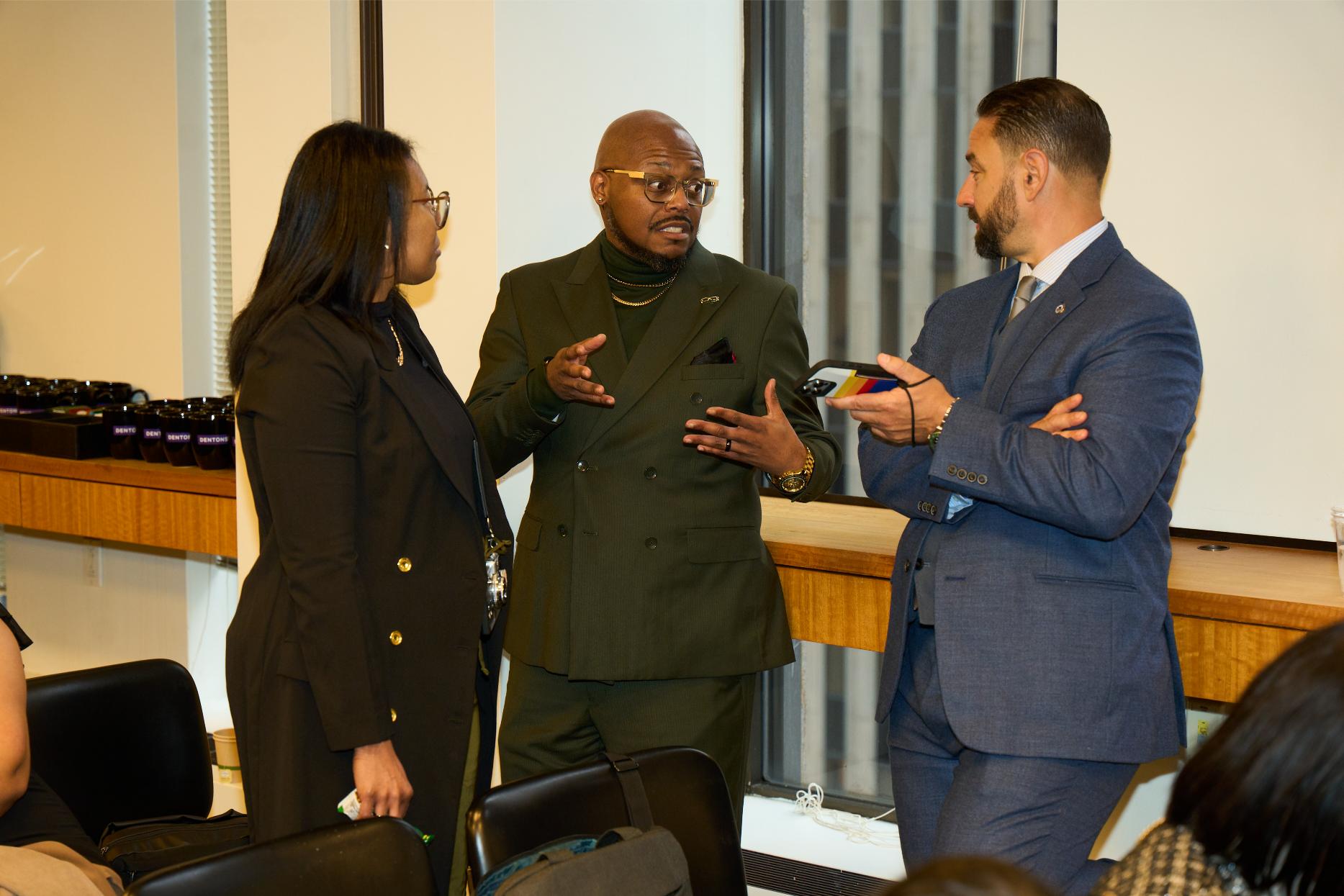Monday 22 September 2025 | New York, USA
GLOBAL AFRICA FORUM 2025
Theme: “Africa’s Response to Tariff Wars:
Building a Prosperous, Integrated Continent Beyond Aid”
Global Africa Forum 2025
The Global Africa Forum (GAF), convening on the sidelines of the UN General Assembly, unites African leaders, organisational heads, private sector investors and innovators, and Global Africans to accelerate regional integration for shared prosperity. This high-level dialogue will foster innovative financing, strengthen trade networks, and harmonise policies to build a resilient, globally competitive African economy.
The Global Africa Forum 2025 will introduce the doably-ambitious ‘Dollar-A-Day’ initiative, which suggests a Pan-African infrastructure fund, mobilising over 50 million Africans and Pan-Africans on the continent and beyond to contribute to creating an innovative AfCFTA-backed resource pool to finance the urgent development of some of the major infrastructural projects, like energy, rail and roads necessary to connect and integrate the continent.
Background & Imperative
Global tariff wars disrupt supply chains and fuel protectionism, while “donor fatigue” reduces traditional aid. Africa faces vulnerability from volatile commodity markets but holds a historic opportunity: leveraging the African Continental Free Trade Area (AfCFTA) to build self-reliance. Intra-African trade stagnates at 15-18%, far below Europe (60%), North America (40-50%), and ASEAN (20-25%). This can be increased beyond 40% by 2040 if we do what needs to be done.

Objectives
Building on the APD 2025 Compact, the Forum will:
- Discuss how Africa’s 350 million-strong middle-class can mobilise disposable incomes for bankable infrastructure and trade logistics.
- Design alternative trade strategies and unified negotiation tactics to navigate global protectionism and shifting dynamics.
- Agree on how far trade and investment can go to mitigate growing donor fatigue and replace aid dependency with trade/investment frameworks.
- Boost innovation in e-commerce, fintech, and green industries (renewables & critical minerals).
- Remove trade barriers, harmonise customs, and scale, digital trade platforms, such as the Pan-African Payment and Settlement System (PAPSS).
- Drive industrialisation through local value addition (agro-processing, EV batteries, textiles).
- Engage 200M+ Global Africans (diaspora) in financial/intellectual contributions to building the ‘Africa We Want’.
Boris Kodjoe
Co-Founder, Full Circle Africa
Dr Fatima Elsheikh
Thierno-Habib Hann
CEO, Shelter Afrique Development Bank
Oliver Alawuba
CEO, United Bank for Africa (UBA)
British A. Robinson
Why Act Now?
Global disruptions are Africa’s wake-up call.
To achieve “Africa Beyond Aid,” we must:
Strengthen Regional Value Chains
Build regional value chains to insulate economies from external shocks.
Invest in Climate-Smart and Digital Trade Infrastructure
Deploy climate-resilient infrastructure and digital trade solutions.
Mobilise Africa’s Middle Class and Diaspora
Agitate the consciousness of Africa’s 350 million-plus middle class and Global Africans
Showcase Bankable Cross-Border Projects
Develop and present bankable, key cross-border projects for fundraising.
The AfCFTA Opportunity for African and Global African Investors
AfCFTA- uniting 1.5 billion people – aims to create a unified market by cutting tariffs and investing in cross-border infrastructure. Projections show Africa’s consumer base reaching 1.73 billion by 2030, with spending reaching US$2.5 trillion by then. With accelerated implementation, Africa can rewrite its economic future and to do so requires greater, direct involvement of all able people of African descent and international investors who believe in the prospects of Africa’s single market and the opportunities that can be created from empowering the world’s fastest growing consumer base.
Expected Outcomes
The summit will produce a Global Africa Action Plan (GAAP) featuring:
- Faster AfCFTA ratification and common tariff negotiation frameworks.
- Cross-border industrial projects in agribusiness, fintech, and green energy.
- Digital Trade Corridor Initiative to streamline commerce using AfCFTA’s Digital Trade Protocol.
- Dollar-A-Day Fund proposal fuelled by pledges from Global Africans.
- Sustainable engagement mechanism with Global Africans.

